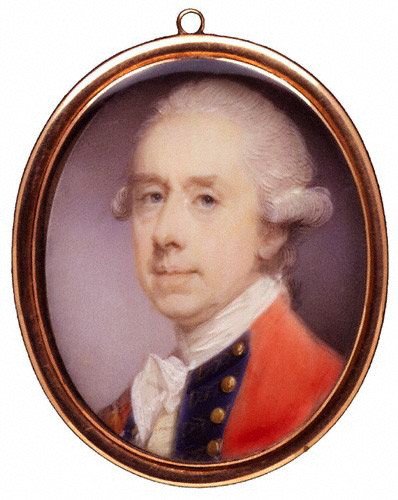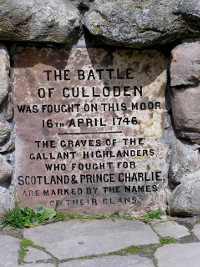One of the many complaints I have about the way history is taught in schools is how disconnected it is. I was visiting yesterday with a former history teacher that said she remembered one test she had to give that had a number of famous generals that the kids had to identify by first, middle and last name. If the student missed any part of that the answer was wrong.
What is that about? Does that kind of “history” light a fire in students that will lead them to finding out who they are? I’m not thinking so.
History is STORY. It’s real people set in real circumstances who have their own context.
 Here’s an example: General Thomas Gage.
Here’s an example: General Thomas Gage.
In his book, Paul Revere’s Ride, David Hackett Fischer puts General Gage into context.
In 1775, Gage was a man trying hard to avoid war. Gage had been a soldier for over thirty years. And he was a good commander, a good soldier. But he had learned to detest war.
In 1745, he’d been present at Fontonoy, one of the bloodiest battles in the 18th Century, where 30,000 men fell on Flander’s Field.

One year later, he watched the defeat of the Highland Clans on Drumossie Moor. The slaughter at Culloden broke the Highlanders, leaving that field knee-deep in blood and tartan.
Gage then was sent to America, where he commanded the vanguard of General Braddock’s expedition against the French. That mission turned to disaster as the British troops were ambushed by the French and Indians. General Braddock was killed. Gage, though wounded, kept the way open for George Washington and his men to escape. Ironic.
By April 19th, 1775, Gage was a man who wanted peace. But he was stuck between those pesky Insurrectionists and King George. The King had ordered Gage to put this rebellion down. After the Powder Alarm of September ‘74, Gage realized that his troops were sorely outnumbered and asking the Parliament for 20,000 more men. Parliament said no.
Gage’s only option, at that point, was to use the troops he had to disarm the American Patriots.
I guess the point is: Context. Without context, how can history mean anything? What was Thomas Gage’s middle name, anyway?
